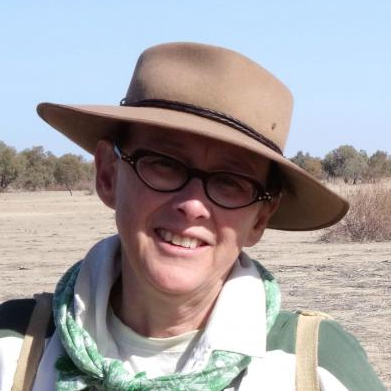‘Trees are the architects of the modern world,’ says Dr Ashleigh Hood. At the end of the Devonian period, forests emerged and spread, providing a great source of oxygen via photosynthesis. So while many consider the emergence of animals to be the principal driver of contemporary life, Ashleigh’s work suggests the atmospheric oxygen provided by terrestrial plants has been foundational to the emergence of Earth’s modern biosphere.
On the afternoon of 8 December 2022, the Society was delighted to gather our members and partners to induct our new Fellows, who were appointed in 2021 and 2022 yet remained uncelebrated due to the continuing disruptions of the global pandemic. All RSV Fellows are appointed “in recognition of an outstanding contribution to the public appreciation of science and expertise in the State of Victoria.”
Whether “intelligence” can be created within hardware is a fascinating question, and one that remains unanswered despite significant efforts. In contrast, biological intelligence from a neural source offers a “ground truth” of opportunity. As such, the question becomes not ‘if’ general intelligence can arise from something artificial, but ‘how’.
How big is the problem of invasive species? In the words of Deakin University’s Professor Euan Ritchie, ‘the short answer is: it’s massive’. Invasive genes and species are one of the biggest environmental problems facing Australia and the number one cause of native species extinctions. They also cause immense economic and cultural damage; since the 1960s, Australia has variously spent and incurred losses amounting to $390 billion due to invasive species.









